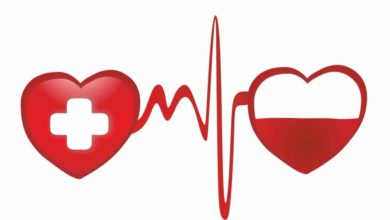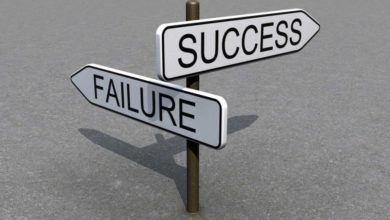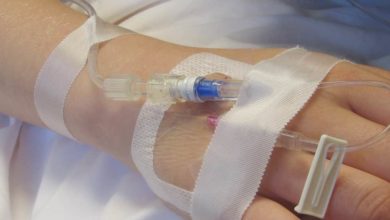Before you read How I Studied in College Part 2, please read How I Studied in College Part 1.
- Go to office hours with questions prepared
This is where the questions that I wrote during lecture would come in handy. Because I was an active learner in lecture, I had a lot of questions that I wanted to ask during office hours. I tried not to be annoying about it but whenever I went to office hours, I would try my hardest to get my questions answered. When I wasn’t asking a question, I was listening to other students’ questions. Many of them had very insightful questions that I never even thought of. This expanded my thinking and made sure that I was keeping up with the material. And without fail, many of the topics that were discussed in office hours were also on the exam. Therefore, to me, office hours was another class. I penciled them into my calendar and made sure that I didn’t miss any of them.
- Study without any study material
Sometimes my most fruitful moments of studying was when I didn’t have any of my study material in front of me. This would happen when I was walking to class, taking the shuttle, driving my car, relaxing at home, or eating. I thought about the Kreb’s cycle while in the shuttle by myself. I recalled physics and math problems that I may have attempted earlier. I tried to piece concepts together in my head from sheer memory to see how well I understood them. It was in these moments when I realized that I didn’t understand certain material as well as I should. Studying in this way allowed me to integrate my class studying with my everyday life.
||Read: Don’t Count Out Medical School After One Bad Semester||
- Study with others before the exam
I usually had or made one or two friends in each class. Although I primarily studied independently throughout the quarter, I would study with others when the test approached. I made sure that I was prepared so that I wasn’t just taking from others. Group studying would expose a lot of my weaknesses in understanding the course material. In addition, being able to teach something to another person helped solidify my own understanding.
||Read: Premed Myths Part 1||
- Study every day and choose take at least one day a week to relax
I’m a terrible crammer. And I don’t think it’s the most effective way to study. Therefore I would try to study every day, even if it was just for 20 minutes. On average, I would study 2-3 hours a day (on top of lecture). I would purposely schedule time in my calendar to study. I tried my best to stick to my schedule so that I wouldn’t worry about having to study while resting. After studying throughout the week, I would often take a break from studying on the weekends. On some weeks, I took both Saturday and Sunday off. On other weeks, I just took Sunday off. Taking these breaks prevented me from burning out. I also realized that if I purposely incorporate breaks in my schedule, it motivated me to work more efficiently when I actually was supposed to work. I really looked forward to those breaks.
||Read: Time Management as a Premed||
10. Relax before the exam
It’s a common tendency to study all the way until the exam. This always made me nervous so I stopped doing it. I prevented myself from studying at least one hour before the exam. I let my mind reset so that I wouldn’t be too narrow-minded while taking the exam. This mental rest before each exam was crucial in allowing me to think of all different possibilities rather than focusing in on the material that I had just studied.
These are all the study strategies that I used as a college student. Obviously they are not for everyone. It is up to each student to discover what study methods work best for them. It involves trial and error. Nevertheless, there are proven study methods that are more effective than others. Students are notoriously poor are evaluating their own study methods so you need to balance what you think is effective and what research says is effective. If you are interested in what the research says, this review article is a worthwhile read.



